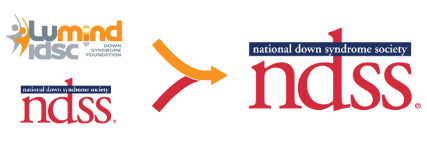In order to understand what sleep apnea is, it is important to know what normal sleep is. Normal, uninterrupted sleep consists of a cyclic pattern alternating between rapid eye movement (REM) sleep and non-rapid eye movement (non-REM) sleep.Source: Paula Cho
